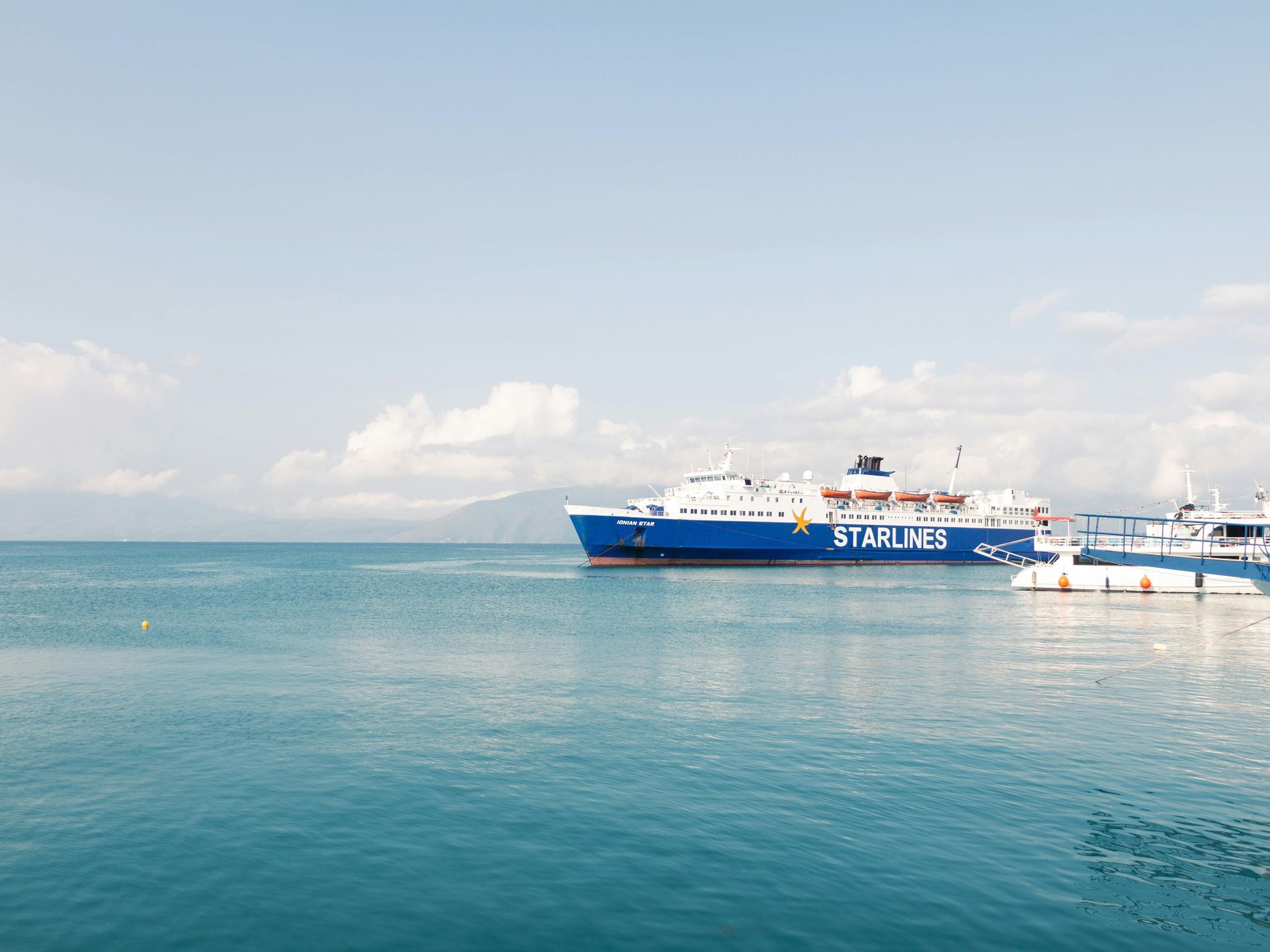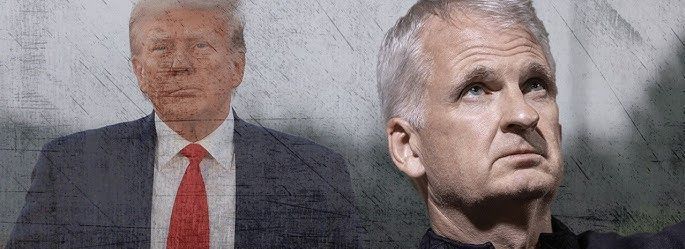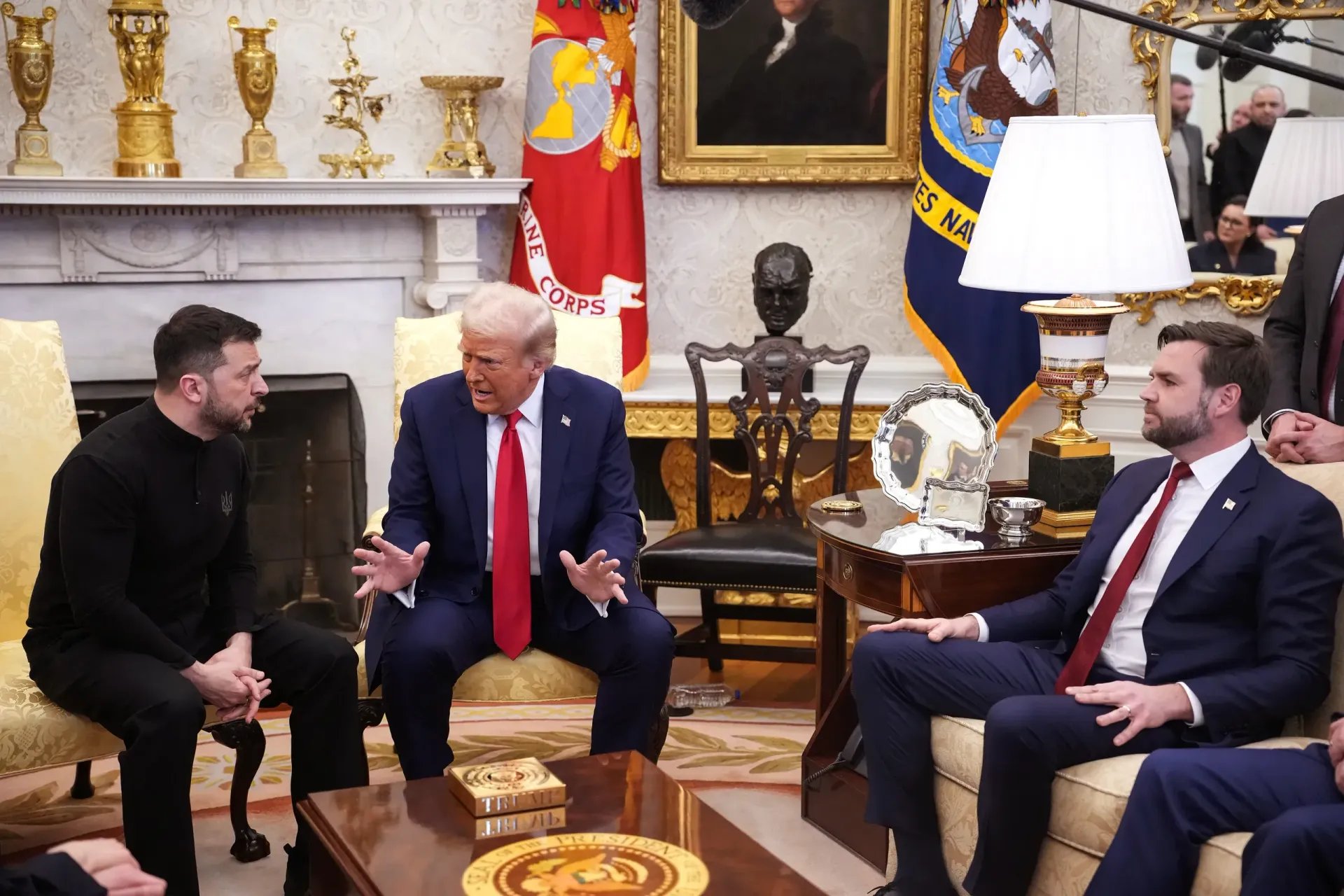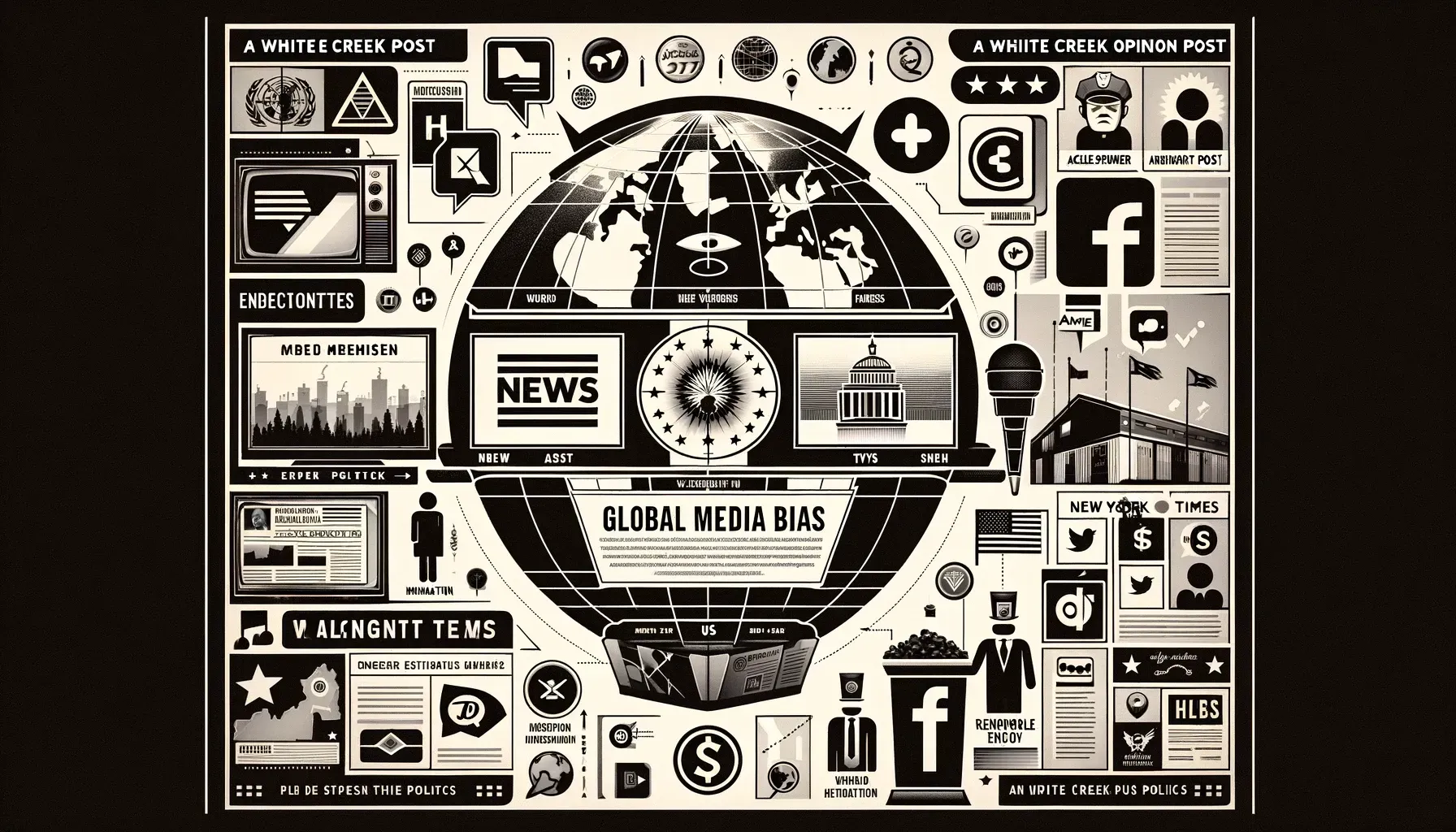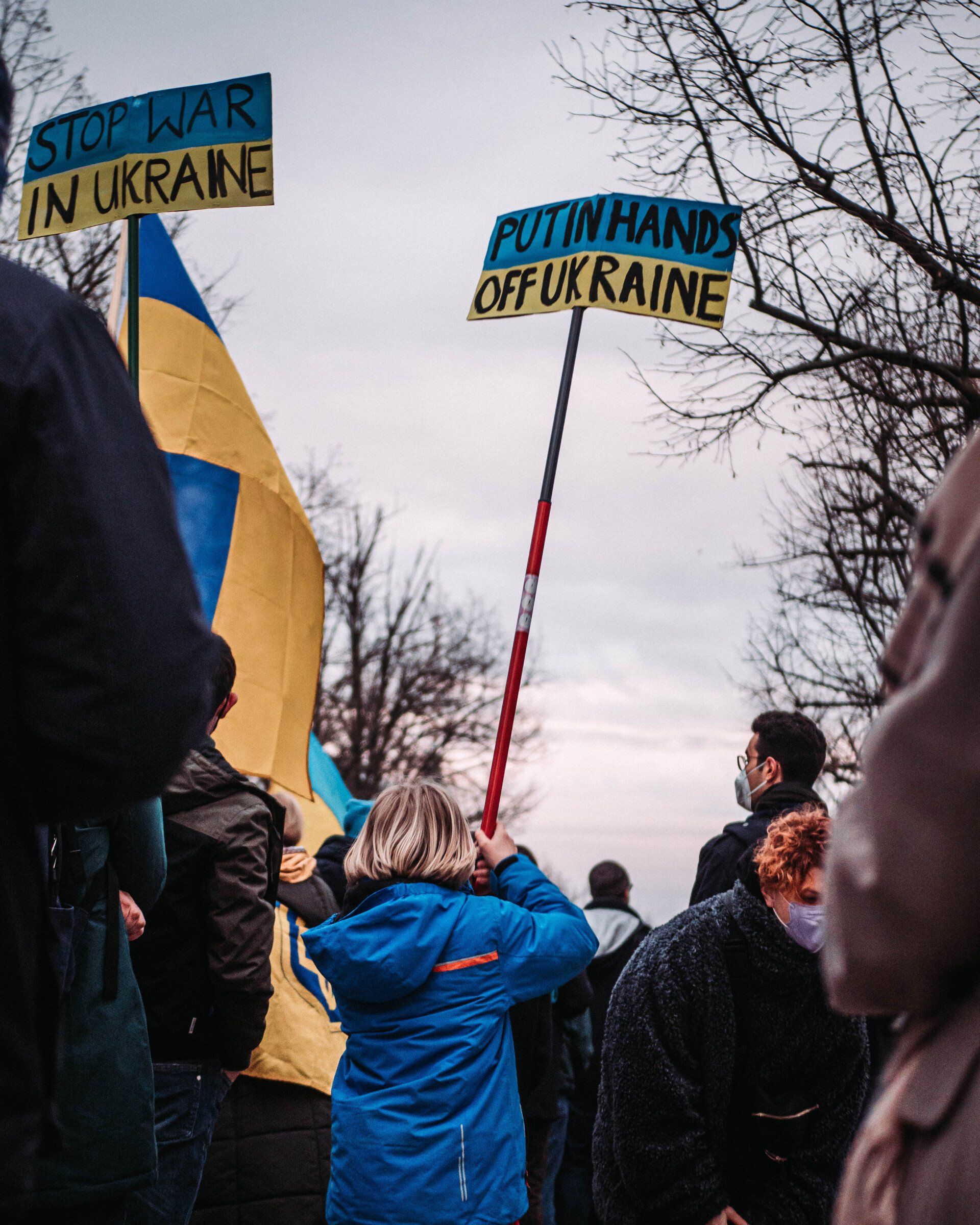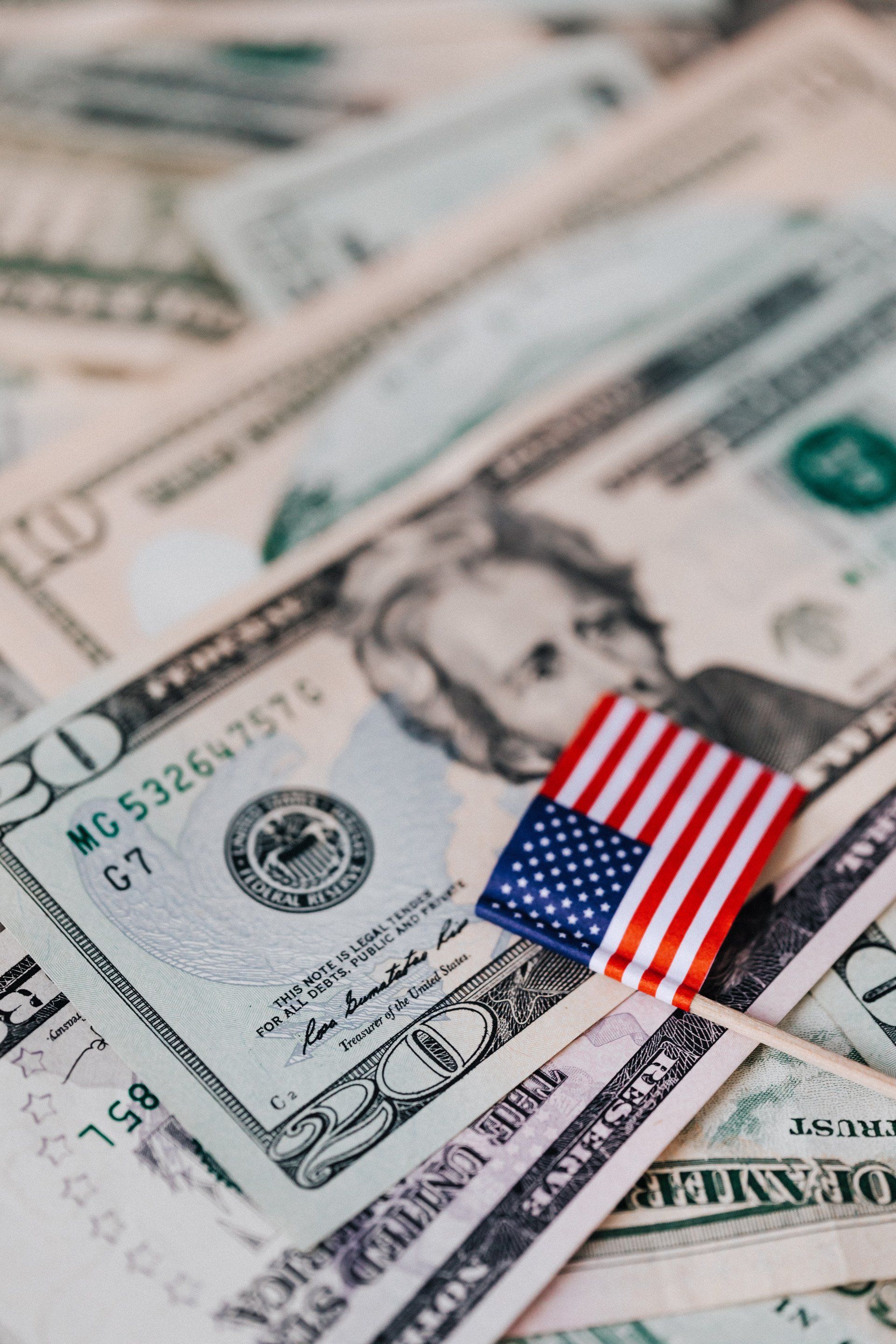Geopolitical Focus – July 2023
Geopolitical Focus – July 2023
Europe is currently at a pivotal juncture, particularly in countries like France and Germany, where a green-leftist agenda is gaining traction. Additionally, concerns have been raised about the undemocratic nature of the European Union, likening it to a dictatorship.
"Seit Einführung der Cancel-Culture sind die Parallelen zu autoritären Staaten nicht mehr zu übersehen"
"Since the introduction of the cancel culture, the parallels to authoritarian states can no longer be overlooked"
While Europe may seem stable on the surface, a closer examination of its domestic issues and the influence of globalists reveals underlying pressure points. In Germany, there is a growing concern about the authoritarian nature of the government's approach to green policies, climate change, and immigration. Similarly, France is grappling with significant social security and immigration challenges, which are taking a toll on its economy and welfare system. As the primary driving forces behind the European Union, one cannot help but question where this path will ultimately lead. The EU has been spending money it doesn't possess, with Germany and France relying on borrowed funds. This is highlighted in the latest report from the European Central Bank (ECB).
The outlook for euro area financial stability remains fragile amid weak macro-financial conditions and unexpected stress in the banking sectors of some mature economies.
As the European Union moves forward with its ambitious plans, the funding mechanism is often obscured under the term "own resources." In reality, these resources consist of money contributed by European citizens, akin to the historical example of the Habsburgs who collected a 10% tax on all goods. In essence, the EU budget relies on the financial contributions from its citizens to sustain its operations and initiatives.
"The current three main sources of revenue for the 2021-2027 EU budget are customs duties, contributions based on the Value Added Tax (VAT) collected by Member States, and direct contributions by EU countries, also known as Gross National Income (GNI)"
In simpler terms, the funding for the EU comes from the money paid by consumers. Additionally, the EU has the authority to impose other taxes, such as the Environmental, Social, and Governance (ESG) taxes, without facing significant scrutiny or questioning. However, it is important to note that the democratic nature of the EU can be subject to debate. Similarly, organizations like the World Economic Forum (WEF) and other ideological entities can be seen as assuming a role of global governance rather than simply serving the world's interests. These organizations often operate based on a moralistic compass, viewing their actions as inherently good and labeling anything else as evil. Their mission statement presents:
"According to the European Union's official website,
the union's purpose is to promote peace, establish a unified economic and monetary system, promote inclusion and combat discrimination, break down barriers to trade and borders, encourage technological and scientific developments, champion environmental protection, and, among others, promote goals like a competitive global market and social progress."
Joe Biden and Vladimir Zelensky, who is running the war in Ukraine? The recent decision by the US to deliver Cluster Bombs to Ukraine, with a typical cynical explanation, raises concerns. This escalates the situation further and suggests desperation at the White House and Zelensky's end. Despite continuous demands for support, the Ukrainian people find themselves stuck in a cycle of escalating aggression from Russia. The senseless killings are expected to continue as both parties seek a favorable position for negotiations, without realizing that Zelensky may be jeopardizing the country's future. As we await the findings of the North Stream II bombing and Dam explosions, only Biden and Zelensky may know the true culprits. Speculation arises that Zelensky may hold more Trump cards than Biden, involving Hunter's payments.
There are parallels to be drawn with China as well, as mounting potential evidence suggests that the Bidens may be compromised. This could be one of the reasons for recent visits by Yellen and Blinken to China. However, the strategic approach and intentions of the US towards China remain unclear. Is it a "Good Cop Bad Cop" strategy, with Biden focusing on US-based manufacturing for job creation while others work towards a long-term relationship with China to prevent a takeover of Taiwan? Only the White House truly knows the answer.
In a hypothetical scenario, if Cuba were to invite China to build long-range missile capabilities to defend against potential US aggression, what would the argument be this time? Although Cuba remains a non-democratic nation and subject to sanctions, as it was in the 1960s, the justification for such actions remains uncertain.
Let me be clear, I have chosen the US as my country for all that it represents. Like any other country, it faces difficulties and challenges, past and present. However, taking a moment to reflect, one may wonder if a more diplomatic approach and democratic leadership would shine a better light. Currently, we are coercing Europe under our umbrella with the argument of defeating Russia in Ukraine, as the alternative would be Russia marching towards the Atlantic Ocean. Simultaneously, Russia adamantly opposes NATO presence in Ukraine. It raises the question of whether we have a global strategy or simply a global military defense mechanism.
Imagine having two toddlers, a sandbox, two shovels, but only one bucket. The situation could escalate into something sinister, so you decide to equip both toddlers with bigger shovels or get another bucket, or you may even sanction them by taking away their shovels. But what about the bucket? They may resort to using their fists. This is akin to what we see happening in Ukraine, with two children involved and many negligent "parents."
In essence, a different approach could be considered. Instead of placing 150,000 NATO troops around Ukraine (rather than spread across Europe), positioning them strategically within NATO territory (Poland), ensuring no NATO presence in Ukraine, and giving it one year for those Ukrainians who wish to join Russia to do so, while providing border security to those who despise Russia. Additionally, offering Russia genuine economic opportunities to integrate into the EU could be a win-win solution. However, this would be an absolute nightmare for war hawks. It is important to remember that Russia is not another Yugoslavia and can be easily reached by China, which still possesses enough military power to invade Taiwan. Negotiation and diplomacy should be pursued, focusing on a win-win outcome, rather than adopting the mindset of "we won the Cold War, so forget about them" as declared by the elder Bush, which initiated the process of marching east while Russia moved its troops from Berlin back home.
